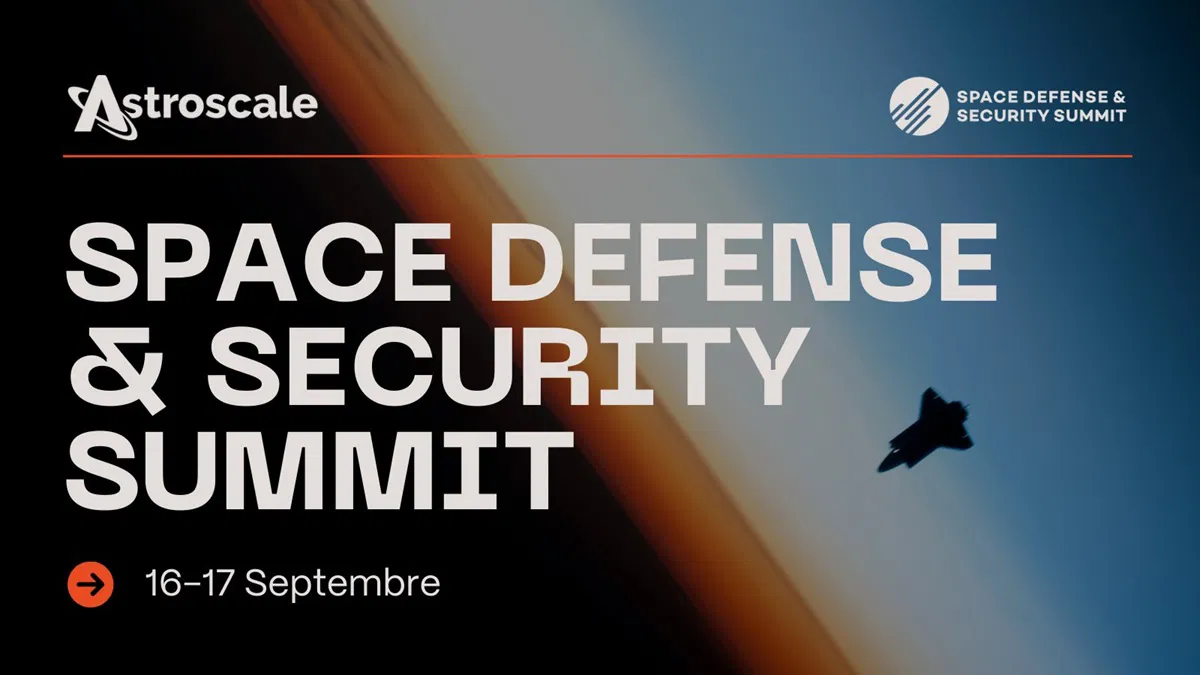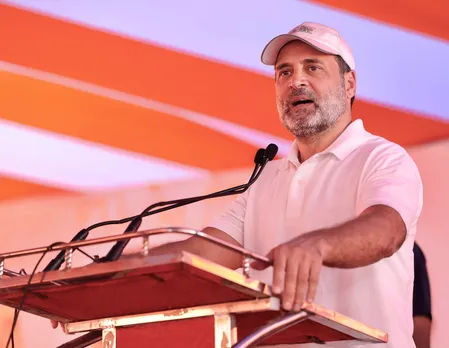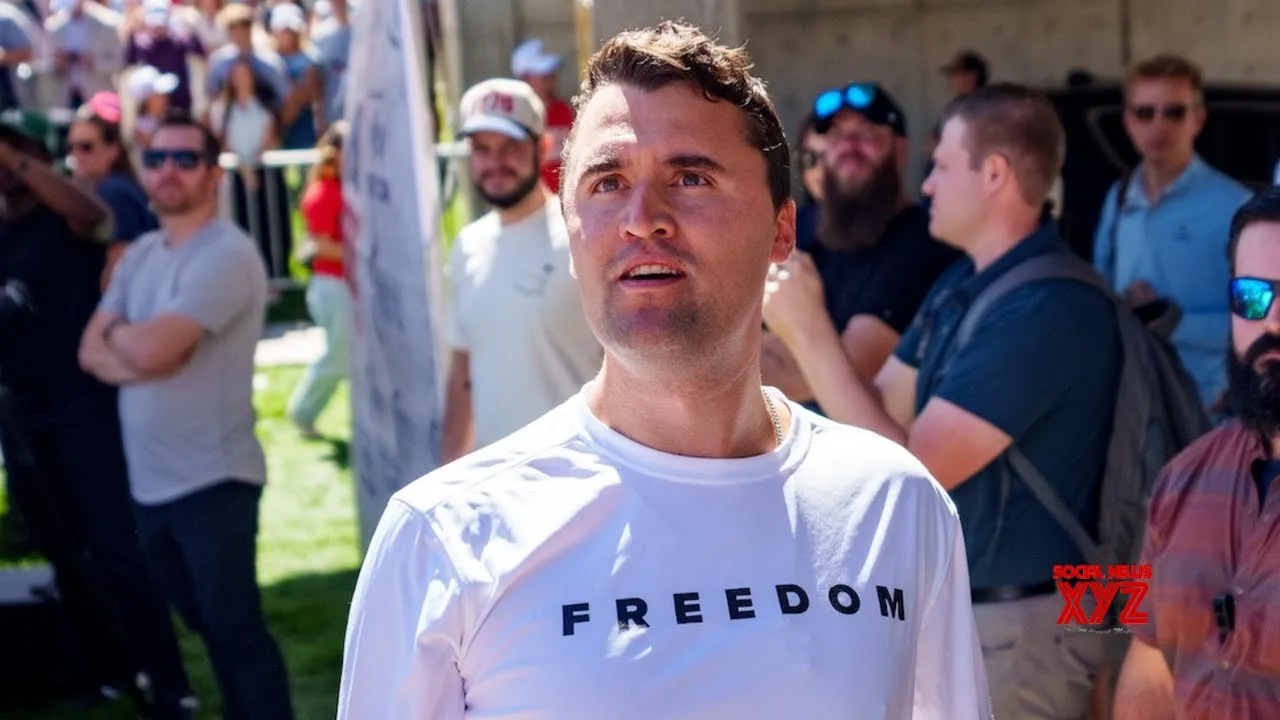By Farah Mokrani
Copyright euroweeklynews

France has raised the alarm over a surge in ‘hostile’ activity in space, with its top military commander warning that satellites are increasingly vulnerable to disruption from Russia, China and other global rivals.
Space becomes a battleground after Ukraine war
Major General Vincent Chusseau, the new head of French Space Command, told reporters that the conflict in Ukraine has transformed space into a “fully-fledged operational domain”. He said Russia has escalated attempts to jam satellites, blind them with lasers and launch cyberattacks since its full-scale invasion of Ukraine in 2022.
“Every day we see attempts to interfere with satellites,” Chusseau explained, adding that Moscow has diversified its methods of attack. France has previously accused Russia of trying to spy on its Franco-Italian satellite in orbit, a move Paris described as ‘unfriendly’ and deeply concerning.
The Kremlin denies using weapons in space, but Western governments remain sceptical. Moscow insists it is the victim of a “hybrid war” led by NATO powers.
Allies warn of hundreds of anti-satellite weapons
France is not alone in its concern. Military officials from the UK, Canada and Germany have also sounded the alarm about the risks posed to satellites that underpin everything from banking systems and GPS to military operations.
Major General Paul Tedman, who leads the UK’s Space Command, warned last week that threats to satellites are growing “in scale, sophistication and speed”. Meanwhile, Canadian space chief Brigadier General Christopher Horner revealed that more than 200 anti-satellite weapons are now in orbit, calling it “a shocking number” that puts global communications and surveillance at risk.
Germany, too, is stepping up its defences, with plans to roll out a multi-orbit satellite network by 2029 as part of a broader strategy to shield its assets in space.
France boosts defences as Starlink expands
France, Europe’s biggest state investor in space, is also moving quickly to strengthen its hand. One priority is improving the resilience of satellites, especially in low-Earth orbit, where Elon Musk’s rapidly growing Starlink constellation dominates.
Paris recently increased its stake in Eutelsat, the French operator behind the OneWeb network, which competes directly with Starlink. Demonstrator satellites will soon be launched to patrol orbit, monitor rival manoeuvres and prepare for possible countermeasures.
Chusseau made it clear that the goal is not just to observe, but to be able to act. “We need to be ready to deny, prohibit and disrupt adversaries if necessary,” he said.
With Western powers now treating space as a potential frontline, the race to secure the skies above Earth has become a central part of global security strategy.
Stay tuned with Euro Weekly News for more news from France



